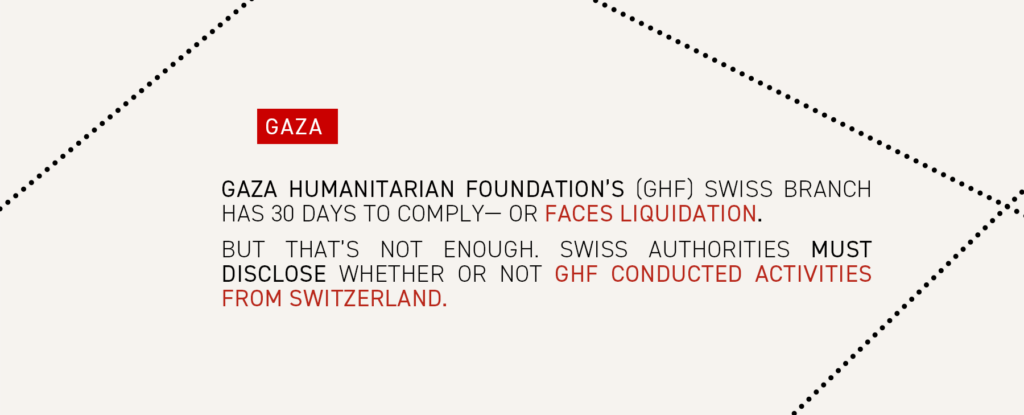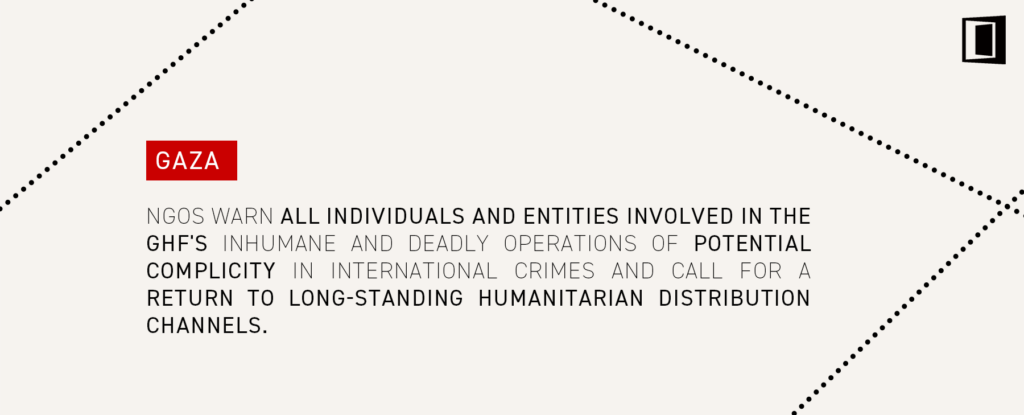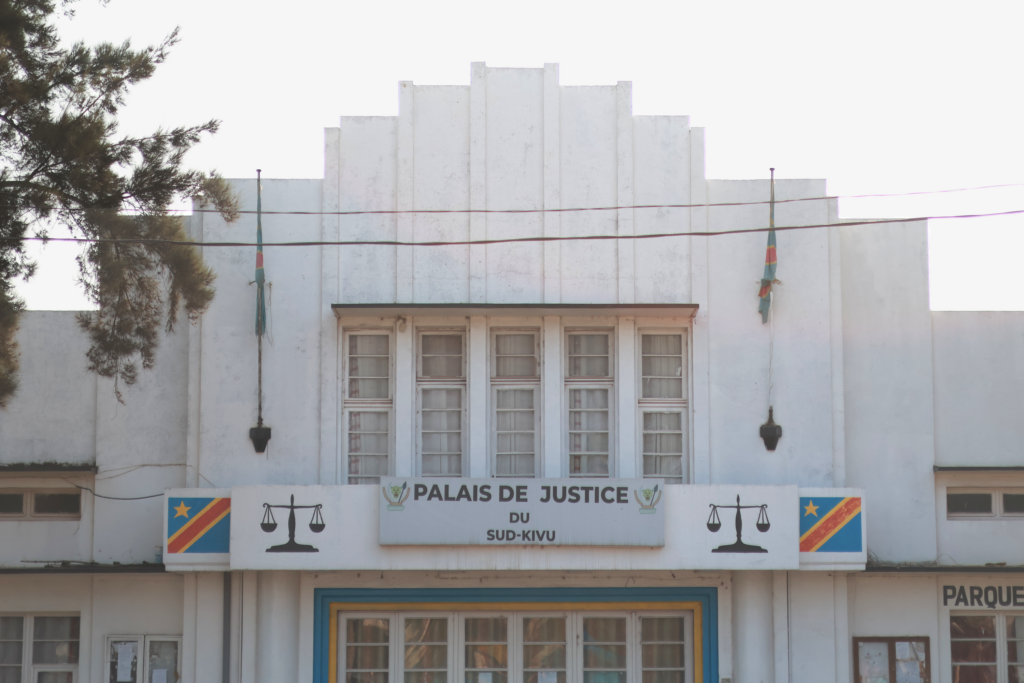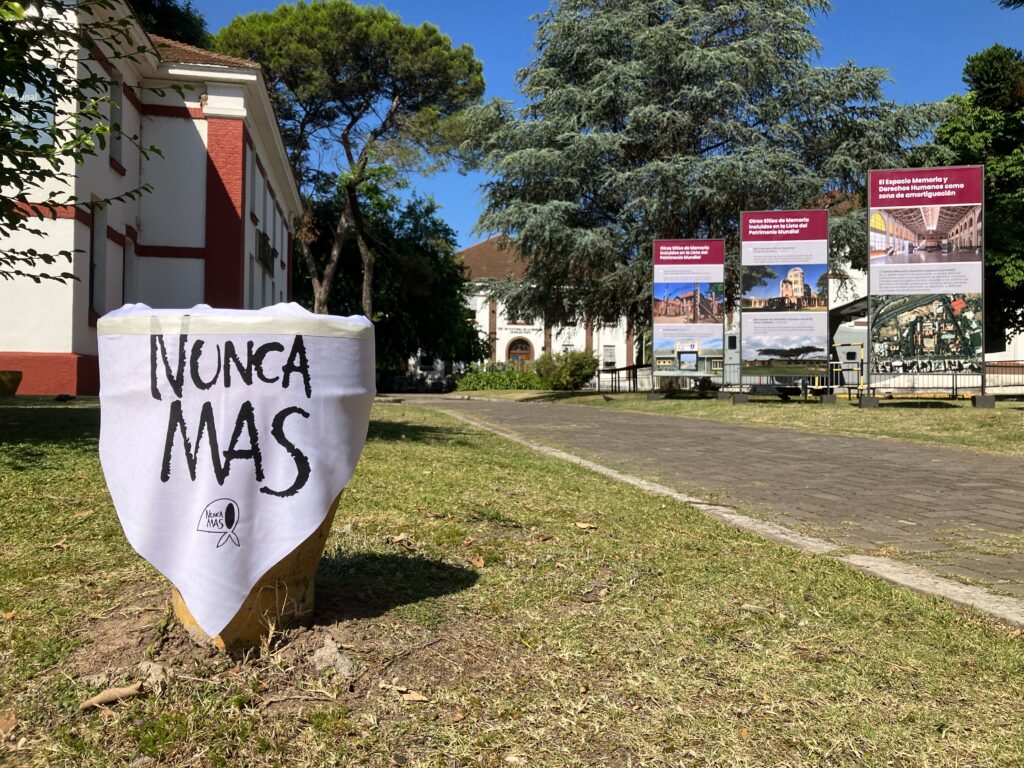“Justice is everybody’s business and applies to everyone”
TRIAL International turns 15 today. 15 years of tireless fight against impunity and unbending support to victims of atrocities. The organization remains faithful to its initial mission but has consolidated its impact and broadened its field of intervention. Its 15th anniversary is also marked by another change: that of its President. Daniel Bolomey, former Secretary General at Amnesty Switzerland, succeeds to outgoing President Giorgio Malinverni. This unwearied human rights defender embraces TRIAL International’s presidency with enthusiasm and conviction. He shares his vision with us.
TRIAL International: How did you start getting involved in human rights?
Daniel Bolomey: It has been a lifelong combat for me, entrenched in the activist culture of the 1970s: the national liberation fights, the mobilization against the Vietnam war and fascism – which was still present in Greece, Spain, Portugal and across Latin America. I was sensitized to these issues through immigrant workers and refugees in Switzerland. They were better accepted here than today. I have also militated early on for social and cultural rights, notably with the Swiss human rights league and the trade unions movement.
You are well-known for your role as General Secretary of Amnesty International’s Swiss section…
Indeed, I have worked for Amnesty for over 25 years! First as a Campaigns Officer and Spokesperson, then as Head of Communications and, from 2001, as General Secretary of the organization. After 10 years in that position, I wished to give way to fresh blood, in particularly since I had a brilliant successor! I then worked for two years at the international General Secretariat in London.
Which human rights causes have touched you the most over that period?
There has been so many! I remember the Pinochet case, his arrest coincided with the 50th anniversary of the Universal Declaration of Human Rights. That’s when I thought: if Pinochet can be arrested, the fight against impunity is not just a buzzword. This case has been a driving force for me, because I had been so shocked by the coup that put Pinochet in power.
The broadening of Amnesty’s mandate to social and cultural rights has also been part of my engagement. After years of debate, the mandate was officially opened up in 2001 in Dakar. It was an immense satisfaction for me, and consistent with my beliefs. Finally, the most important cause for me has been the fight against gender-based violence. In the 1990s, I have been heavily involved in Amnesty’s worldwide campaign denouncing mass rapes in the former Yugoslavia. I also militated for changes so that Amnesty could improve its position on gender internally, too.
Has there been forgotten causes?
Rwanda represents in my eyes the greatest failure of the international community. I travelled there a year after the genocide and came back deeply moved. We all bear a part of responsibility in that tragedy.
You are now taking over as TRIAL International’s President. Why?
It’s the natural continuation of my engagements. I have been on TRIAL International’s Board for four years and have measured over that period how important its work is. I tip my hat to the team’s willpower, which is in line with my own engagement. I am delighted to do my bit for this organization I have the greatest respect for. It is a great challenge to become President at this time, when TRIAL has reached a certain maturity. I look forward to presiding TRIAL International at this turning point and to accompany its development.
What particularly touches you in TRIAL International’s work and mission?
The fight for justice is crucial in my eyes, just like the fight for victims to obtain reparation. I also like that TRIAL works on concrete cases, obtaining results that push the boundaries of international case-law. Finally, TRIAL International builds meaningful and respectful relations with the victims it defends, and this deontology is close to my heart.
How do you apprehend your role as President and what dimension would you like to give it?
I don’t see this role as a purely honorific one and I intend to endorse my responsibilities with the greatest devotion. I hope to put my experience at the service of the organization, notably to reinforce its governance and its international development.
I also wish us to reinforce our engagement in favor of corporate responsibility, because the globalized economy is tightly linked to the question of justice.
What will be TRIAL International’s challenges in the future and what fights will the organization prioritize?
We are living in a complex period where the very notion of rights is often attacked, for instance by populists. In this environment, the victims’ combats are little-known and not well understood. We must therefore ensure that the law, and in particular international law, remains a cardinal principle. This is not an easy task because it must involve all levels: education, outreach, political, judicial, etc.
I trust TRIAL International to use all necessary means for the fight, within the limits of its mission (editor’s note: the fight against impunity for international crimes). Besides, NGOs cannot and should not be the only actors. We need to involve the youth and sharpen their critical thinking. The role of politics is equally important, we have to raise the level of the debate and guarantee both the independence of the judiciary and that it has sufficient means – it is a prerequisite to democracy. By uniting our strengths, we will ensure that justice remains a universal value, that is everybody’s business and applies to everybody.





